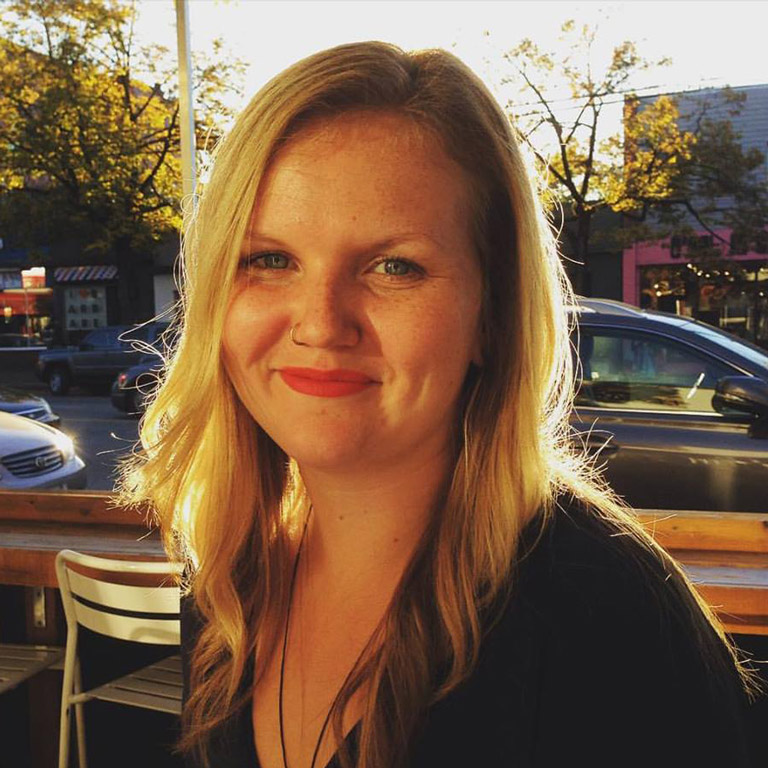By Claire Matthews
@ce_matthews
More than two years ago, #metoo lit up social media. Originally coined in 2006 by Tarana Burke, an American social activist and community organizer, #metoo resurfaced on Twitter 11 years later and spread like wildfire, with women posting the hashtag on their social media platforms. The wake of sexual assault feels never-ending. And it is. Even after all the abusers are accounted for, what will we have left? Countless survivors, for starters, each with their own unique stories.
Enter Whatever Gets You Through , a collection of 12 voices: a dozen distinctive experiences on life after assault, edited by Stacey May Fowles and Jen Sookfong Lee.
Initially, the publisher approached Fowles with the idea of editing an anthology of essays on sexual assault. Fowles is the award-winning author of Baseball Life Advice and “Boy Next Door: Growing Up in the Shadow of Paul Bernardo,” a memoir about the Scarborough rapist and her own sexual assault. One of the central questions her memoir asks is, “When you are a young woman and your body becomes a crime scene, a reminder of tragedy, how can you ever come to love it?” In many ways, Whatever Gets You Through feels like a continuation of this thread, a reclamation of survivors’ bodies and lives.
The anthology is co-edited by fellow critically-acclaimed writer Sookfong Lee who is the co-host of the hilarious and brilliant podcast Can’t Lit, “a podcast on all things Canadian and Literature.”
“Stacey May and I always knew we didn’t want to make a spectacle of trauma,” says Sookfong Lee, noting Greystone was “really open” about the direction of the anthology and supported their focus on survivors’ lives afterward. This intention is evident throughout the anthology; trauma doesn’t have to be the proverbial car wreck we can’t take our eyes off. In her essay, Gwen Benaway discusses silence as healing and says, “Writing about the moments that have broken me open does not sew me together.”
One of the stunning elements of Whatever Gets You Through is the theme that survivorhood is multi-faceted, contradictory, and individual. Some writers do offer moments of their assaults and the anthology has allowed space for that, acknowledging that there is no perfect way to heal and, like in Leah Lakshmi Piepzna-Samarasinha’s essay, “Not Over It, Not Fixed, and Living a life Worth Living,” healing isn’t always a survivor’s end goal.
“In conversation, we came up with the idea of life after assault, of opening up about the lonely months and years of managing trauma,” says Sookfong Lee. This isn’t a how-to book, but an offering of hope, strength, and endurance. These 12 writers show that survivors can persist in countless ways.
From Lauren McKeon’s stunning essay about boxing to hockey in Karyn L. Freedman’s “The Quiet Ice,” moving and being bodily present are offered as ways these writers survive. This book doesn’t offer a cure, because it acknowledges that one doesn’t exist.
“Whatever Gets You Through is a salve, a soothing whisper, and a necessary roundhouse kick to the worst of rape culture,” Zoe Whittall acknowledges.
Whatever Gets You Through is available April 16 through your local bookstore or online with Greystone Books.

Claire Matthews is a writer, teacher, and editor on unceded Coast Salish territory. Her writing has appeared in CV2, Plenitude, Grain, The Puritan, and other journals. Her poetry was recently long-listed for The Fiddlehead’s Ralph Gustafson Poetry Prize. In her spare time, she makes soap and drinks bourbon.




